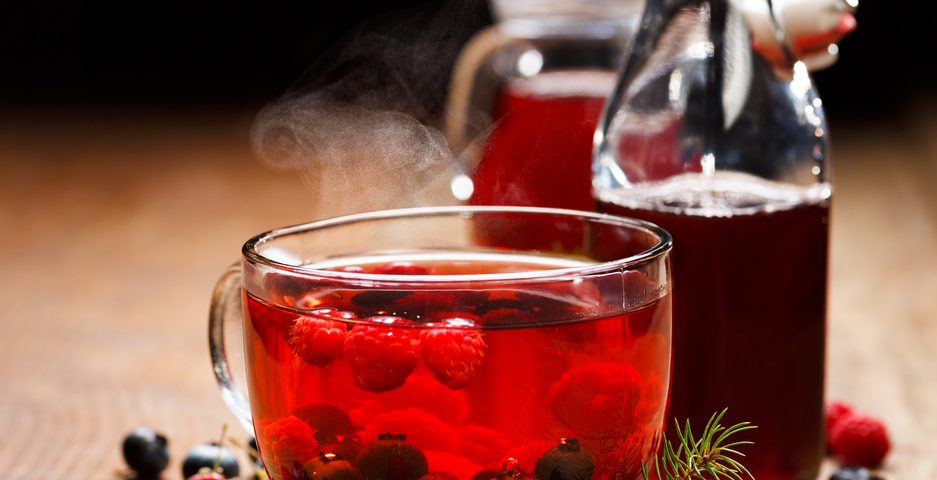Micronutrients found in certain foods and beverages of plant origin have anti-inflammatory and anti-tumoral properties that may help prevent or fight malignant mesothelioma (MM), according to the study “The Potential Protective Effects of Polyphenols in Asbestos-Mediated Inflammation and Carcinogenesis of Mesothelium,” recently published in Nutrients.
MM, caused by asbestos exposure, is a tumor that arises from the mesothelium cell linings. Studies have suggested that a critical factor for MM development is inflammation. It is thought that the mesothelial cells orchestrate a chronic inflammatory response and that the reduction of chronic inflammation might be a key mechanism to prevent or reduce MM development.
Polyphenols are micronutrients found in a variety of foods proven to modulate the immune system. They also exhibit anti-inflammatory, antimicrobial, anti-tumoral, and immunomodulatory mechanisms that improve human health. University of Rome researchers reviewed more than 150 studies on polyphenols and cancer.
They concluded that polyphenols like curcumin (turmeric), EGCG (green tea), resveratrol (red wine, berries, peanuts), and quercetin (leafy greens, blueberries) can mediate inflammation and boost immune cells to fight cancer cells, potentially improving the odds of surviving mesothelioma.
“Nutritionists have long known the power of these polyphenols to help ward off disease,” Alex Strauss, managing editor of Surviving Mesothelioma, said in a press release. “It is exciting to imagine the potential these natural and plentiful substances may have to help the body battle this intractable cancer.”
But drinking more tea or eating more berries might not be enough to improve the odds of mesothelioma patients’ survival, according to the study. Although a diet rich in polyphenols is important to keep patients healthy during cancer treatment, researchers now believe that the best way to use the molecules against mesothelioma is to administer them directly to the tumor site.
The study concludes: “The local administration of polyphenols in the serous cavity might be a better strategy to treat malignant mesothelioma, because in this way polyphenols could bypass biotransformation and could reach an effective dose directly available at the site of tumor.”


